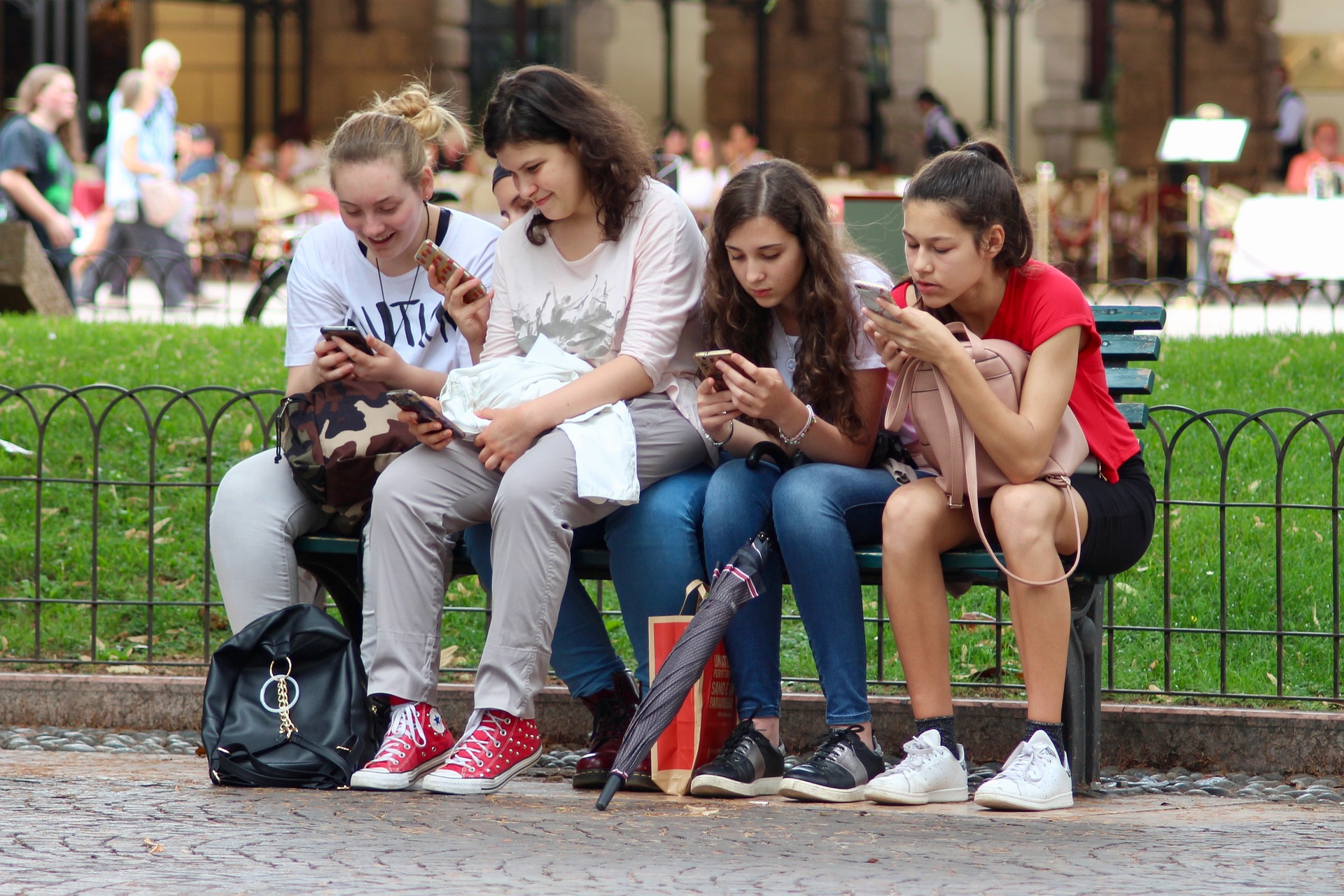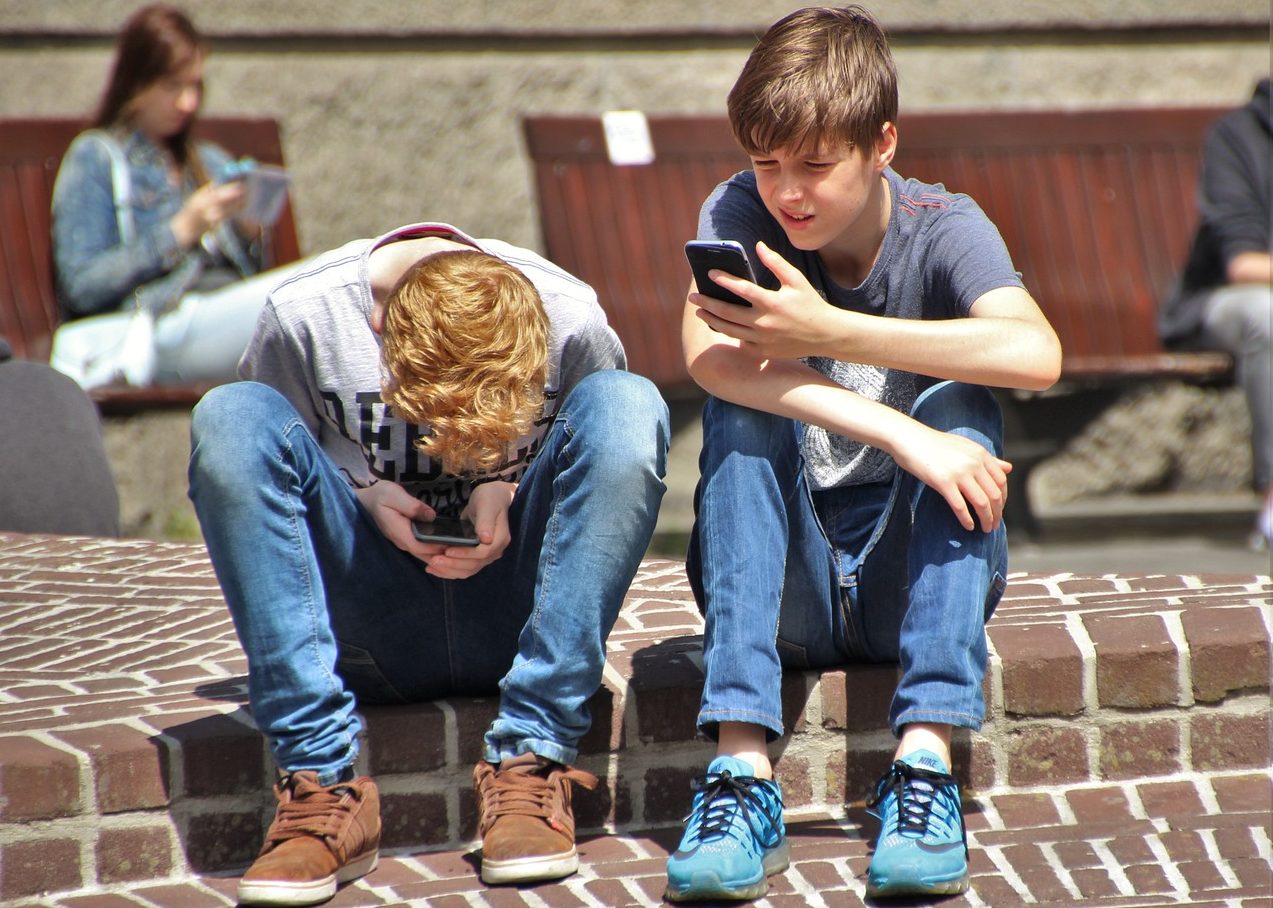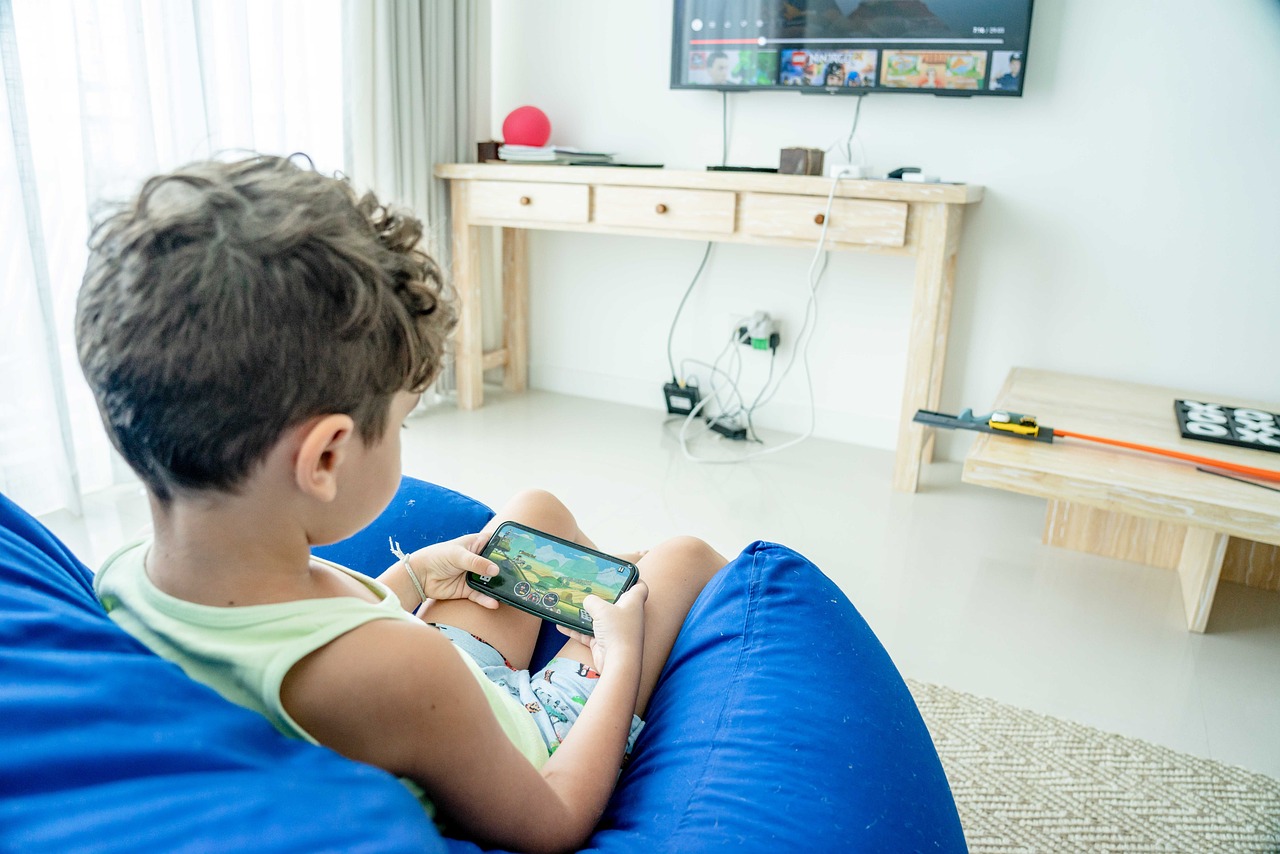
NMHH published a survey about the social media consumption habits of children and teenagers.Continue reading

Parents need to set a good example to ensure that children use the internet safely and consciously, said program manager Norbert Kis at the press conference of the National Media and Infocommunications Authority’s ‘Is My Family Mobile?’ campaign. The initiative was launched to provide families with advice on how to keep their children safe online.
During the summer,
ten new pieces of advice will be published on the authority’s website to help families navigate the issues of internet rights, online bullying, phishing, and video game addiction, among others. The aim is to strike a balance between the online world of mobile devices and family life.
Norbert Kis pointed out that the world of mobile devices is increasingly taking over homes, and that “family time” between parents and children is therefore at risk. He stressed that the media authority’s campaign is not a one-off action, and that they were trying to keep the issue on the agenda. “If we talk more about these issues, about the responsibility of parents, we have a slightly better chance of contributing to digital health in families, to media literacy in everyday life,” he remarked.

Photo: Pixabay
Ákos Somogyi, head of the National Media and Infocommunications Authority’s child protection department, pointed out that
a quarter of children and half of parents’ profiles on social media are completely public, so their content is available to anyone, making them vulnerable.
He said it was important that people share images and videos carefully, especially when it comes to children, adding that we should always remember before sharing content that “the internet does not forget.”
Móni Lisa Tibenszky, Executive Director of the School for Responsible Parents, said that digital culture is part of everyday life, bringing unprecedented opportunities, and should not be “demonized” or “tabooed.” For parents, one of the most important tasks is to talk about their experiences in the online space. She also noted that parents need to show their children the offline world they have been socialized in, but also enter the digital world their children have been born into.
The National Media and Infocommunications Authority regularly takes up topics concerning youth and the online world. Last September, the authority shed light on the dangers of online challenges, such as the blackout challenge, pointing out that they have become a growing danger, with increasing physical and mental risks, self-harm, and even death.
The spread of online challenges is not only an inherent part of online space and social services, but is increasingly part of the socialization of young people, especially teenagers.
This spring, another body, the Family-Friendly Task Force set up by the Hungarian Competition Authority discussed the dangers of video games concerning children. Csaba Balázs Rigó, chairman of the authority, said that “surveys show that more and more children are playing video games on a daily basis. The video game industry is targeting our children with deceptive and aggressive advertising practices, by exploiting children’s less developed cognitive abilities and by distributing confusing virtual currencies.”
Featured photo via Pixabay